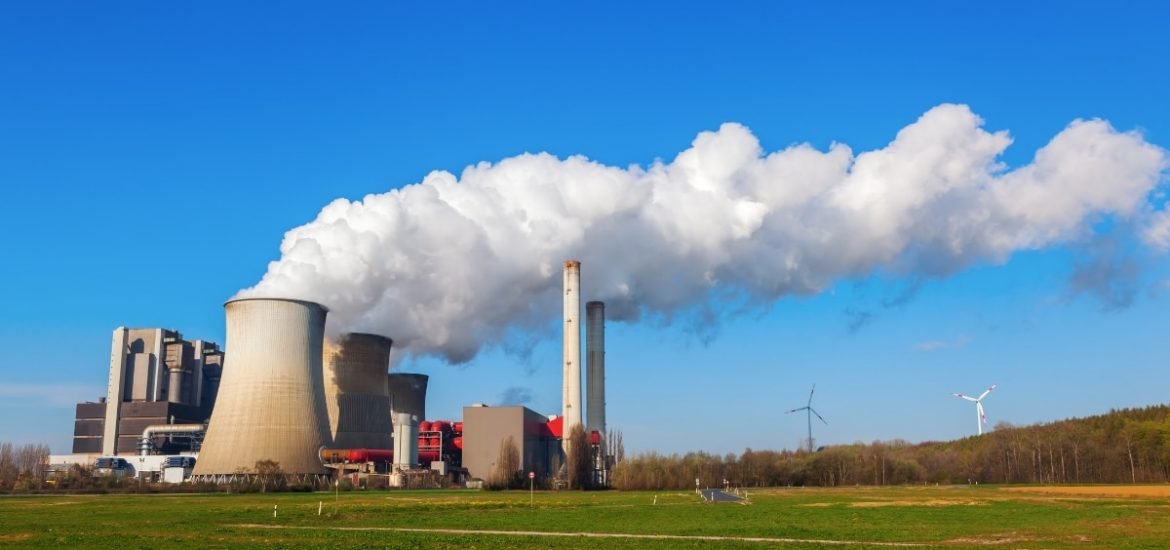
What geopolitical implications could arise from transitioning to a low-carbon world? A new commentary published on 1 May in Nature examines four possible scenarios, which they refer to as ‘Four futures’, illustrating the uncertainties and the huge variation in plausible outcomes (1).
The transition to renewable energy sources will be disruptive, the authors write. But what will the implications be?
Energy and politics are intertwined
Economies that are heavily reliant on oil and gas could lose up to US$7 trillion by 2040, while big players like China and the US compete to take over the clean energy sector. As the global population continues to grow, competition for land use will also increase, in the struggle to balance food and water security and energy production.
A group of international energy and foreign-policy researchers explored the four possible trajectories at a recent workshop as part of the 2018 German Institute for International and Security Affairs (SWP) in Berlin, convened by the Geopolitics of Energy Transformation 2030 (GET 2030) project in parallel with the 2019 IRENA report (2), and funded by the German Foreign Office.
As the authors point out, future benefits of clean energy are often ignored in the pursuit of immediate gains, like bigger pay packets, fatter returns, and political agendas. These misguided interests are clearly highlighted by the recent actions of governments. For example, the Trump administration’s threats to pull out of the Paris Agreement and high import taxes on solar panels in China; as well as ongoing resistance to clean energy, despite studies showing that climate change is on course to dramatically affect the planet and world economies.
Four possible trajectories
1) Big green deal – A global consensus for action on climate change leading to global cooperation and international policies. “A wave of green globalization, as enshrined in the United Nations sustainable development goals (SDGs), allows all countries to share in the benefits of decarbonization.”
2) Technology breakthrough – Major technological advances, for example, improved battery storage devices, push the world down a different path.
3) Dirty nationalism – Populists come into power bringing with them widespread “nation first” policies that promote domestic industries. This will drive the development of fossil fuels, including coal and shale production, as well as renewables.
4) Muddling on – Business as usual, with a mix of energy sources and little cooperation among existing international partnerships. Fossils fuels will continue to dominate with unit costs declining and renewables claim an increasing share of the energy by 2030.
The main outcomes
According to the authors, even in a zero-carbon world, the geopolitical struggle over secure and affordable access to oil, coal and gas will continue.
Pace matters. Rapid change will give less-equipped nations currently relying on fossil fuels the time they need to adapt. Finally, a “one-size-fits-all approach” will not work. Success in a developing nation may require policy much different choices to those adopted by more liberal markets in the Western world.
But the most important conclusion seems to be that despite competing interests, countries must share in the responsibility as well as the benefits of the transformation to a low-carbon world.
(1) Goldthau, A. et al. Model and manage the changing geopolitics of energy. Nature (2019). DOI: 10.1038/d41586-019-01312-5
(2) Global Commission on the Geopolitics of Energy Transformation. A New World: The Geopolitics of the Energy Transformation (IRENA, 2019).